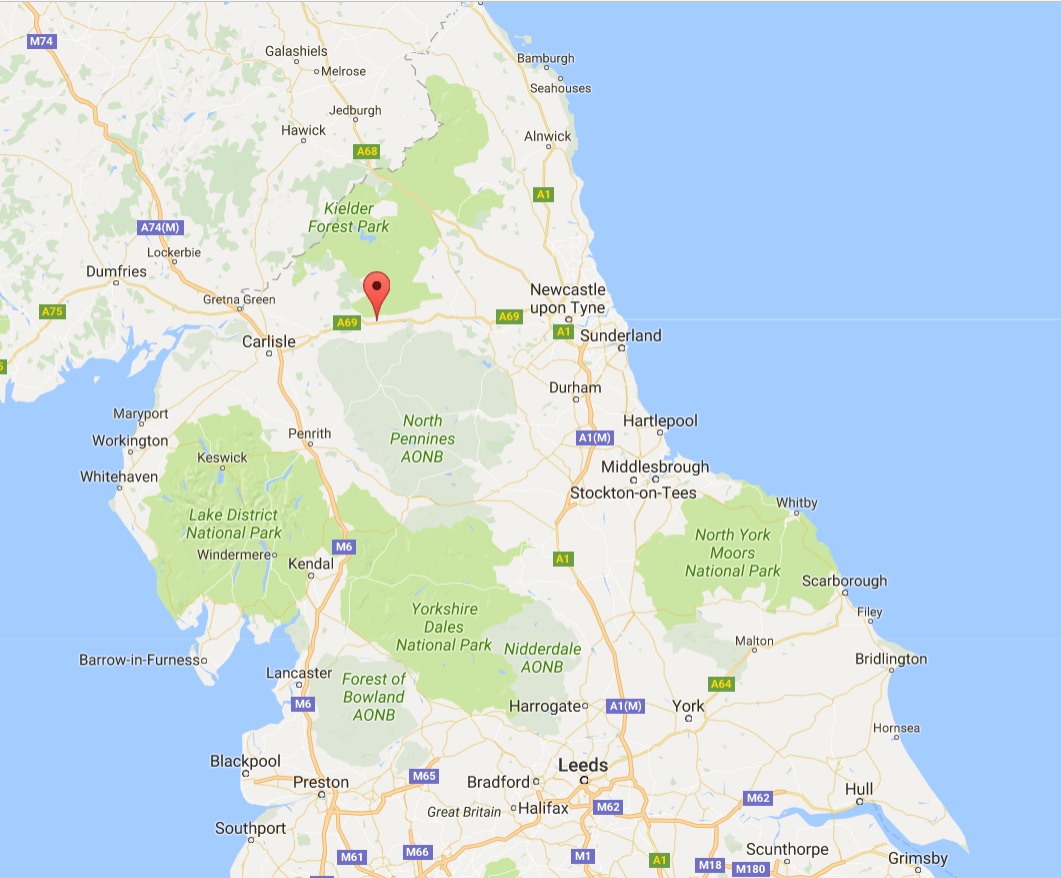
The Government has confirmed H5N8 avian flu in a small flock of chickens at a farm near Haltwhistle, Northumberland.
A 3km Protection Zone and a 10km Surveillance Zone have been put in place around the infected premises to limit the risk of the disease spreading.
The flock contains about 35 birds. A number have died and the remaining live birds at the premises are being humanely culled. A full investigation is under way to determine the source of the infection.
Public Health England advises that the risk to public health from the virus is very low and the Food Standards Agency is clear that bird flu does not pose a food safety risk for UK consumers.
Biosecurity measures
The Government Chief Vet has confirmed new measures today (24 February) to protect against avian flu that take a more targeted approach to controlling the disease.
Following plans set out earlier this month, all poultry keepers across England must continue to observe strict biosecurity measures, with housing or netting required in higher risk areas.
This approach is based on the current situation and the latest veterinary advice, which concludes that it is the best option to control disease, protect birds’ welfare and ensure consumers can buy free range products.
This new approach will apply from 28 February, when the current prevention zone expires. It gives most keepers the option to let birds outside whilst still taking reasonable precautions against avian flu. The ban on poultry gatherings remains in force.
UK bird flu cases
All poultry keepers - whether they keep a commercial flock or a few chickens in their back garden - have been urged by the Government to practise strict disease prevention measures, following Defra’s guidance to take steps to reduce the risk of infection via the environment.
Today's new case in Northumberland is the same strain which was found in a pheasant farm in Suffolk on 13 February, Lancashire on 30 January, in a turkey farm in Boston, Lincolnshire on 26 January, in a flock of farmed pheasants at a premises in Preston, Lancashire on 24 January, in a backyard flock in North Yorkshire on 6 January, in Carmarthenshire, Wales, on 3 January, at a turkey farm in Lincolnshire on 16 December and in a number of wild birds across England, Wales and Scotland.
